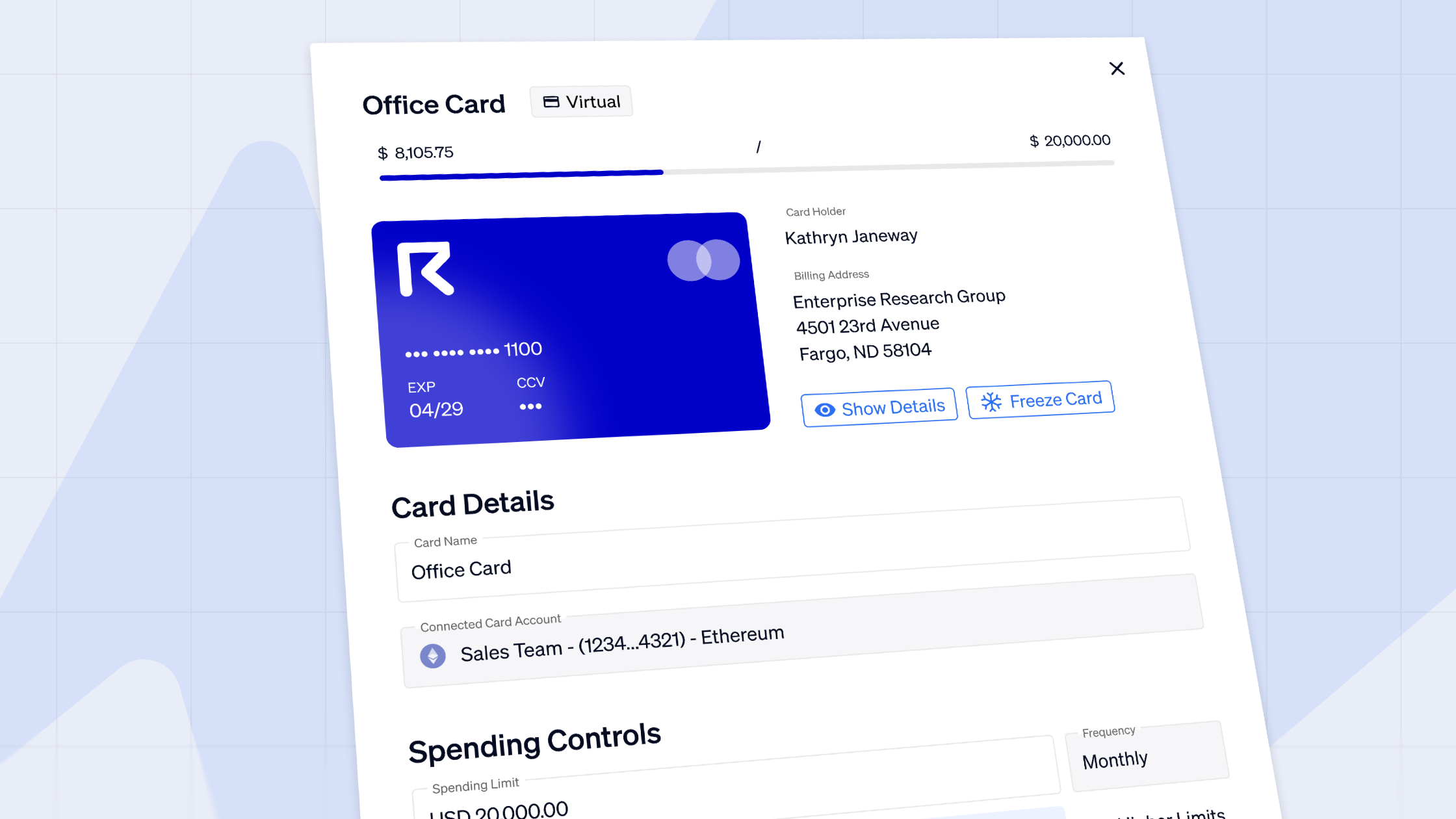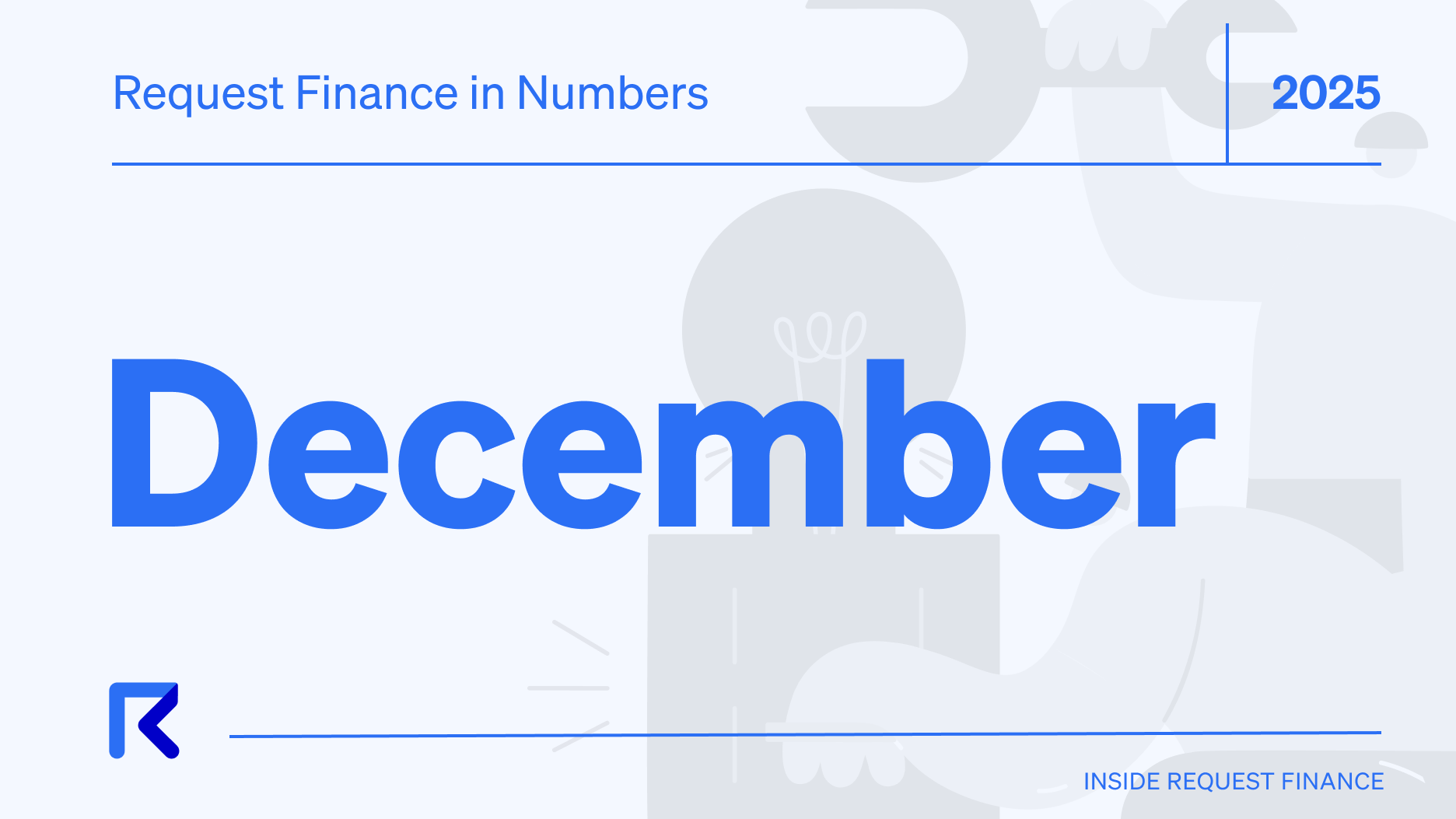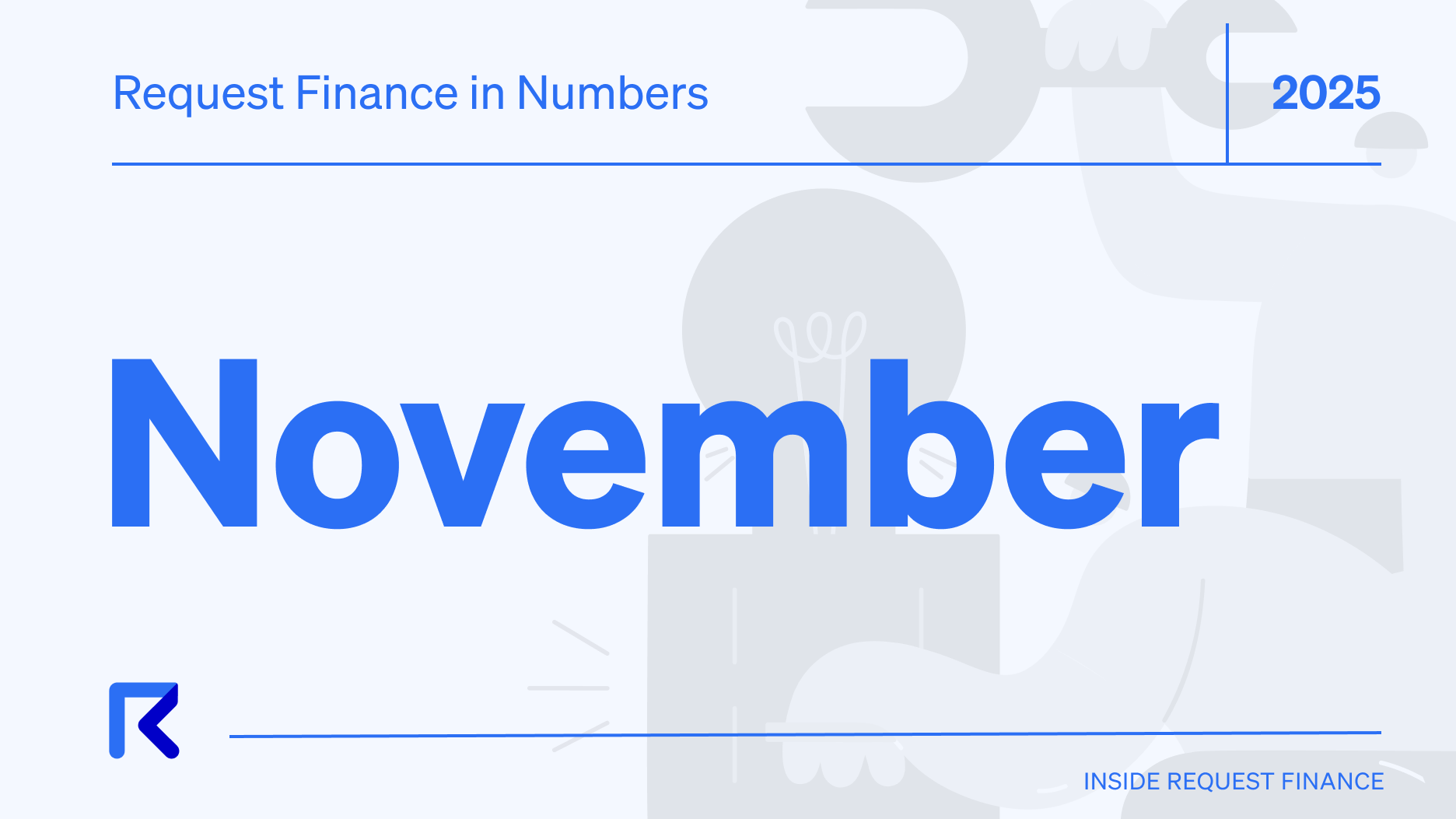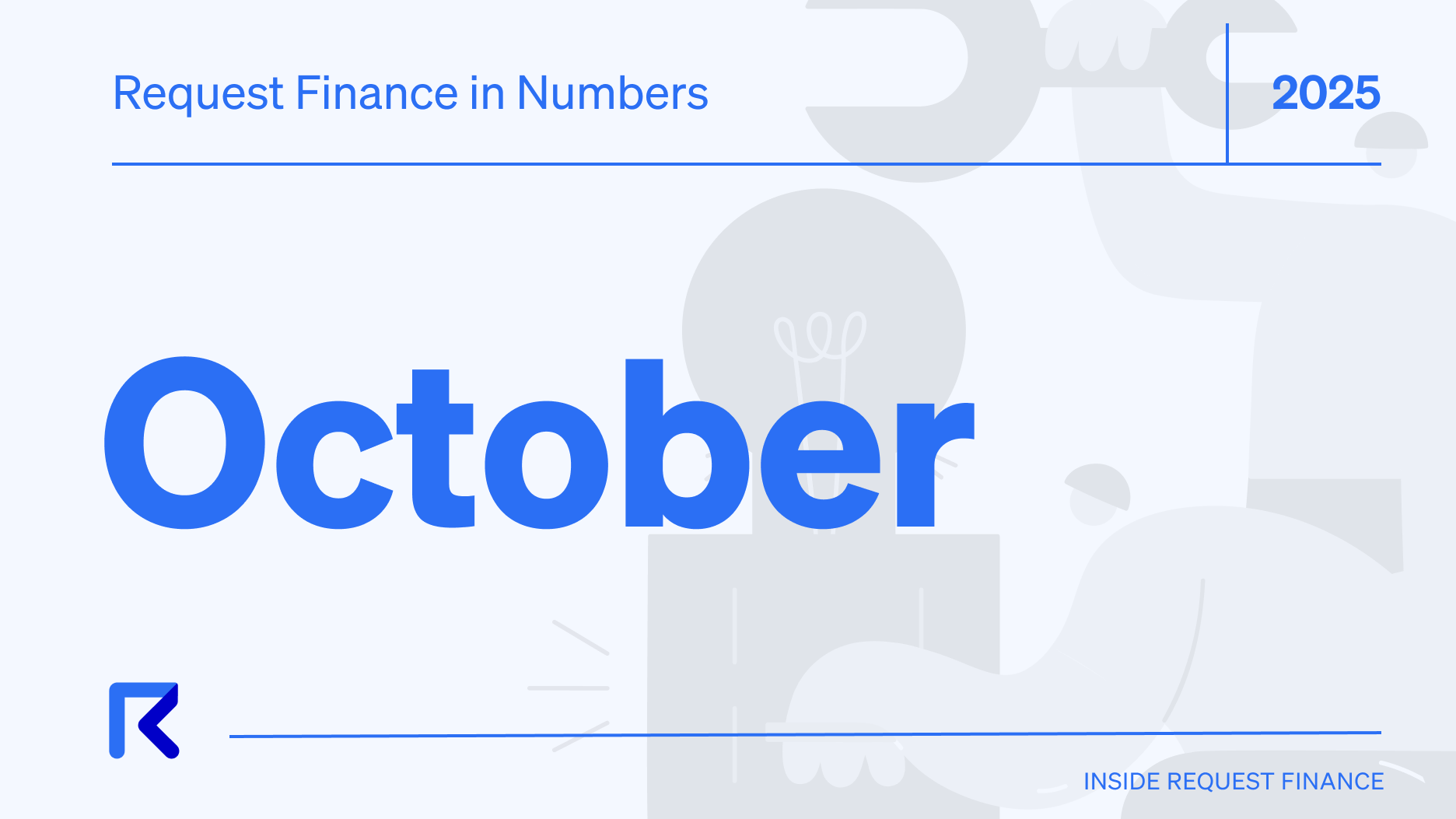The Potential of Stablecoins for Cross-Border Payments: A Definitive Guide for Finance Executives
Discover how stablecoins revolutionize cross-border payments for finance executives. Expert insights and actionable strategies await.

In recent engagements with over 700 C-level leaders from Web2 and Web3 companies, a prominent challenge has emerged: the lack of comprehension among Web2 CFOs regarding the complexities of efficient stablecoin transactions. Concerns surrounding accounting methodologies, tax implications, and compliance frameworks pose significant barriers to widespread adoption.
To address this challenge, insights from seasoned teams at prestigious audit firms like PwC, EY, KMPG, Deloitte, Mazars, and Harris&Trotter offer reassurance. However, the primary obstacle remains a knowledge deficit.
Ready to Supercharge Your Crypto Accounting?
Stop wasting time, manually creating journal entries. Automate your accounting now, and enjoy error-free reporting
Learn how to scale your company's crypto & fiat financial operations
Your financial complexities are our specialties. Schedule your free consultation today and discover how Request Finance can transform your financial operations
Simplify crypto and fiat financial operations today
Rely on a secure, hassle-free process to manage your crypto invoices, expenses, payroll & accounting.
Today, we aim to provide actionable insights to facilitate compliant onboarding processes for cross-border payments.
Traditional cross-border transactions often suffer from exorbitant costs, sluggish processing times, and opacity from trust issues among transacting parties. Conversely, leveraging cryptocurrencies for such transactions offers numerous advantages:
- Speed: Cryptocurrency transactions can be executed within minutes or even seconds.
- Cost-Efficiency: Compared to conventional methods, crypto payments can reduce costs by 10 to 50, resulting in significant savings.
- Accessibility: Cryptocurrency transactions operate round-the-clock, unbound by traditional banking hours.
- Streamlined Currency Exchange: Cryptocurrencies transcend geographical boundaries, eliminating the need for currency conversions.
- Reduced Counterparty Risk: Blockchain technology ensures transparency and security, mitigating the risk of fraud and disputes.
Despite these benefits, C-level executives must confront four key challenges:
- Compliance: It is imperative to understand the compliance intricacies, accounting nuances, and tax implications of B2B transactions in stablecoins. Guidance from industry stalwarts like PwC, KPMG, and the ACCA can illuminate these complexities.
- Acquisition of Stablecoins: Entities holding fiat currencies can procure stablecoins through licensed platforms such as Coinbase, Circle, or Kraken. Establishing appropriate wallets, whether software-based like Metamask or hardware-oriented like Ledger, is crucial.
- Payment Management: Platforms like Request Finance streamline invoicing, bill settlements, and salary disbursements in stablecoins. Integrating fiat bills and facilitating crypto-to-fiat conversions enhance operational efficiency.
- Software Selection: A combination of software including Metamask, Ledger hardware wallets, Safe multi-sig, and Request Finance, provides a comprehensive solution for effectively managing crypto payments.
In conclusion, adopting stablecoins for cross-border payments can make financial operations for Web2 enterprises up to 50 times more efficient. By proactively addressing compliance challenges, seeking expert guidance, and adopting suitable software, businesses can unlock the advantages of crypto-facilitated transactions
Crypto finance tips straight to your inbox
We'll email you once a week with quality resources to help you manage crypto and fiat operations
Trending articles
Get up to date with the most read publications of the month.
Our latest articles
News, guides, tips and more content to help you handle your crypto finances.












